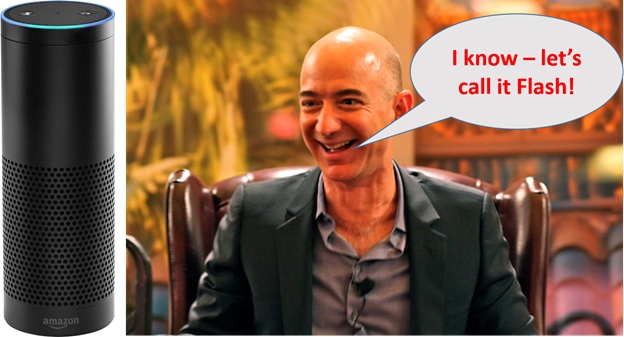
It’s a challenge for anyone in a management position. How to sincerely listen to your people when things are cascading at high rates of speed, attention spans are deteriorating, and the pressure continues to mount.
If you have staffers reporting to you, your fear should be whether your direct reports are regularly coming to you with ideas, concerns, and other issues that affect the health and welfare of the mother ship. As someone who’s been running my own show for 33 years now, and having served in management positions before that, taking the time to truly hear what your people are saying is a challenge.
As a manager, you belong behind the desk because you make good decisions, you have solid judgment, and you know what you’re doing. But unless you’re good at everything – and none of us is – then you may be missing out on what your people are thinking, especially if you come off as unapproachable or someone who doesn’t have great listening skills.
But it gets even worse for the employees who work for an icon. Not your run of the mill boss, but one of the richest, most innovative people in the world. Someone who has defined and redefined eBooks, eCommerce, free shipping, and any number of other brilliant ideas.
Of course, we’re talking about Jeff Bezos. He’s one of the most successful players in technology. No, make that business. So imagine coming to him with an idea that you know before you pitch it is going to be dicey.
A recent article on Bloomberg.com detailed the story behind the Amazon Echo, and its signature voice, Alexa. Written by Joshua Brustein, the story provides an inside look at how the Echo came to market. It turns out the device was originally called Amazon Flash (a name the team hated but Bezos loved). And because the cylindrical gadget responds to a keyword, there was more internal debate. That’s because Bezos was in favor of that word being “Amazon” (no surprise there), while the team wanted to humanize it with the name “Alexa.”

They won that battle – and it turns out Bezos was more open to different directions than they thought. But the anticipated reaction to all the iterations Echo went through was born out of fear. As Brustein discovered, the team almost didn’t get this innovative and now successful product to market because they paralyzed themselves over imagining their boss’ reactions:
“We spent so much time trying to anticipate what Jeff would do or say, and read into little words he would say in meetings…It would lead to so much additional work.”
And in some cases, success is elusive because of that abject terror that can come with pitching an idea you assume is going to fail or fall flat. Isn’t it ironic that the device we’re talking about – the Amazon Echo – works on the principle of listening. And yet their team was concerned that Bezos wouldn’t listen to them.
No matter what side of the desk you’re on, being a better listener, slowing down long enough to honestly weigh a new idea or concept, or simply giving your people the respect they deserve are all qualities worth striving for, whether we’re the “pitcher” or the “pitchee.”
When the NAB Radio Show kicks off next week in Nashville, Jacobs Media will celebrate its 33rd year in business. Obviously, you can’t last this long without making some pretty good decisions and doing a lot of things right along the way.
But I’m all too aware that when it comes to listening and being open-minded, I’ve got some work to do. Given the rapid-fire changes in the landscape of our business, there’s never been a better time for radio management to reconsider the value of listening to the staff. No one knows everything, and as the culture shifts, technology explodes, and the world around is more uncertain than ever, having faith in your people and what they have to say has never been more important.
The Amazon Echo story is a case in point. Bezos was more approachable than his team ever imagined. And the product turned out to be a great success story after all.
And Alexa is most certainly a good listener.
- What To Do If Your Radio Station Goes Through A Midlife Crisis - April 25, 2025
- A 2020 Lesson?It Could All Be Gone In A Flash - April 24, 2025
- How AI Can Give Radio Personalities More…PERSONALITY - April 23, 2025




We should always have Stephen Covey’s quote in mind (and then, don’t be that person!…)
“Most people do not listen with the intent to understand; they listen with the intent to reply.”
On the money, Mark. Thanks for the comment.